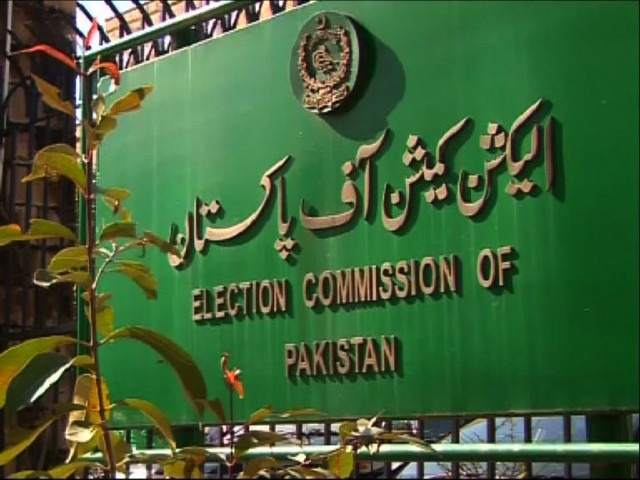Election Commission Registers Two New Parties
The Election Commission of Pakistan (ECP) has officially registered two new political parties, bringing the total number of recognized political groups in the country to 170. The registration, confirmed through a notification issued this week, highlights the continuing evolution of Pakistan’s diverse political landscape.
According to the ECP, the two newly registered entities are the Azad Awam Pakistan Party and the Tajdeed Nizam Party. The Azad Awam Pakistan Party will be led by Muhammad Ali, while Khalid Zaman has been named chairman of the Tajdeed Nizam Party.
The Commission further noted that both parties successfully conducted intra-party elections, a legal requirement under Pakistan’s Elections Act for registration. Without this step, parties cannot qualify for official recognition or contest elections under their own symbols.
Political Diversity on the Rise
Pakistan’s political scene has long been dominated by major players such as the Pakistan Muslim League-Nawaz (PML-N), Pakistan People’s Party (PPP), and Pakistan Tehreek-e-Insaf (PTI). However, the addition of smaller parties reflects a growing diversity in representation.
At present, Pakistan has 170 registered political parties, though only a fraction actively contest elections or secure parliamentary seats. Many smaller outfits often play niche roles, focusing on regional, ethnic, or issue-based constituencies.
Political analysts believe that the arrival of new entrants could potentially shift dynamics in upcoming elections, especially if these parties tap into widespread public frustration with governance, economic hardship, and inflation.
Legal Framework for Registration
Under the Elections Act 2017, any political group seeking recognition must follow a series of steps. These include submitting party constitutions, providing audited financial accounts, and conducting transparent intra-party elections.
Failure to comply with these conditions can lead to de-registration, as seen in past cases where inactive or non-compliant parties were struck off the official list. The ECP’s recognition of intra-party polls for both the Azad Awam Pakistan Party and the Tajdeed Nizam Party confirms that they have met the essential legal criteria.
What Analysts Are Saying
Political commentators suggest that while the immediate impact of these new parties may be limited, their emergence should not be underestimated. Pakistan’s political history shows that even small parties can, under the right circumstances, grow into influential actors.
Dr. Ayesha Khan, a political analyst based in Islamabad, explained:
“New parties often emerge from dissatisfaction with existing political structures. If they present credible reform agendas and connect with grassroots voters, they can gain momentum.”
She added that Pakistan’s younger population, making up nearly 64% of the country, is increasingly looking for alternatives to traditional politics. This demographic shift could create opportunities for fresh voices.
Potential Areas of Focus
Although the platforms of the new parties have yet to be publicly detailed, speculation suggests they may center on reforms, governance, and economic revival. Issues such as unemployment, rising living costs, and access to quality education remain top concerns for the electorate.
If either party manages to mobilize effectively at the grassroots level, they could influence debates in local elections or even secure limited representation in provincial assemblies.
Broader Context
Pakistan’s political system often witnesses the formation of new parties, though only a few manage to establish long-term relevance. For example, the PTI, once dismissed as a minor group in the late 1990s, grew into a dominant national force within two decades.
Observers caution, however, that Pakistan’s polarized environment, coupled with economic instability and security challenges, makes it difficult for new entrants to break through. Still, their presence adds to the pluralism of the political landscape.
Conclusion
The registration of the Azad Awam Pakistan Party and the Tajdeed Nizam Party underscores the fluid and evolving nature of Pakistani politics. While their future influence remains uncertain, their emergence adds new possibilities for political expression and representation in a country where public demand for reform continues to rise.
For now, their recognition marks another step in the ongoing story of Pakistan’s democratic journey — one that remains dynamic, contested, and closely watched.















